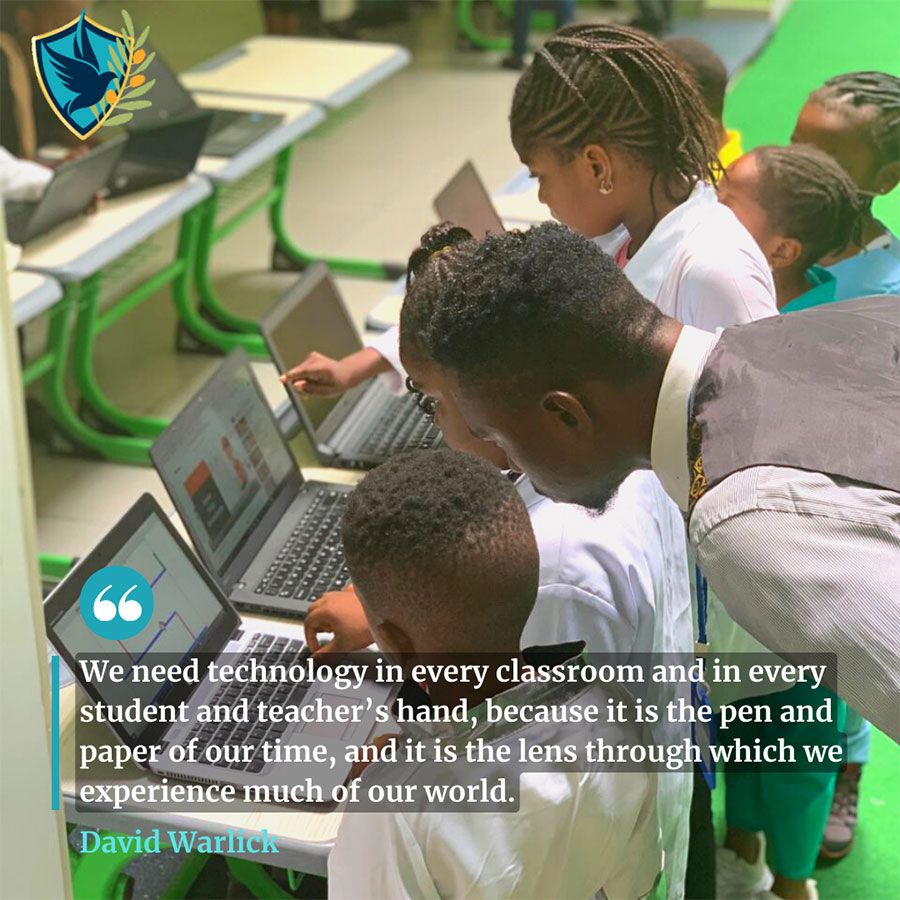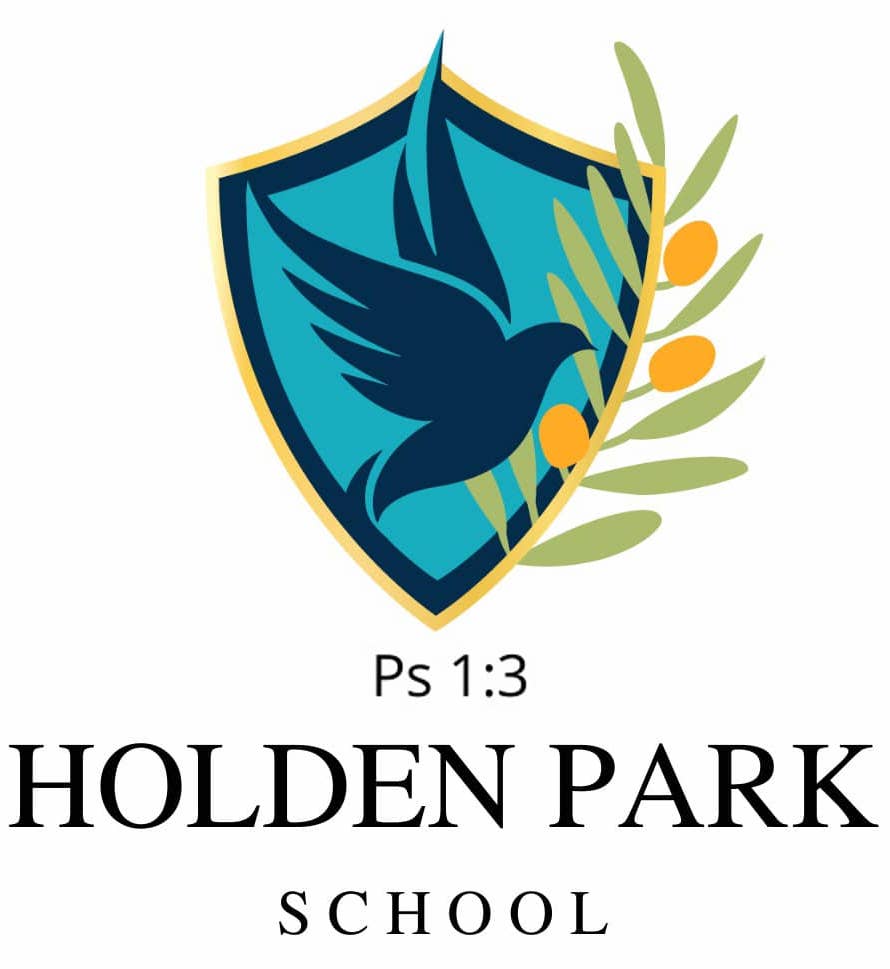Safe Guarding Policy
May 30, 2023 2023-06-02 10:49Safe Guarding Policy

- Definition of Safeguarding
- “Safeguarding is not just about protecting children from deliberate harm. It includes a wide range of issues relating to pupil’s welfare, health and safety.” (Inspecting safeguarding in early years, education and skills,
- All safeguarding policies will be reviewed on an annual (minimum) basis by the Governing Body which has responsibility for oversight of school safeguarding and child protection systems. The Designated Safeguarding Lead / Head Teacher will ensure regular reporting on safeguarding activity and systems in school to the Governing Body. The Governing Body will not receive details of individual pupil situations or identifying features of families as part of their oversight responsibility.
- The school acknowledges that this policy will incorporate a range of specific safeguarding issues including (but not limited to):
- Bullying (including cyberbullying)
- Children Missing Education (CME)
- Child missing from home or care
- Child Sexual Exploitation (CSE)
- Domestic violence
- Drugs and alcohol misuse
- Fabricated or induced illness
- Faith abuse
- Female Genital Mutilation (FGM)
- Forced marriage
- Gangs and youth violence
- Gender based abuse and violence against women and girls
- Hate
- Honour based abuse
- Mental health
- Missing children and adults
- Online safety
- Prevent duty (radicalisation and extremism)
- Private fostering
- Relationship abuse
- Human trafficking and modern slavery
- Youth produced sexual imagery or “Sexting”
- Every member of staff at Holden Park recognises that children experiencing specific safeguarding issues identified above are no different to safeguarding against any other vulnerability or concern and will be approached and responded to in the same way as protecting children from any other risks.
- Related Safeguarding Policies
- We are aware that safeguarding is fundamental to the welfare of all children in our care. This policy is therefore one of a series in the school’s integrated safeguarding portfolio and should be read in conjunction with the policies as listed below:
- Behaviour Management, linked to the Use of Physical Intervention
- Searching, screening and confiscation
- Online Safety and Social Media
- Anti-Bullying
- Data Protection and Information Sharing
- Image Use
- Drugs
- Sex Education
- Personal and Intimate Care
- Health and Safety
- Attendance (Children Missing Education)
- Risk Assessments (e.g. school trips, use of technology)
- First Aid and Accidents
- Managing Allegations Against Staff
- Code of Conduct for Staff (including Acceptable Use of Technology/AUP)
- Safer Recruitment
- Whistle-Blowing
Safe guarding and health and safety policies can be found in the staff room, parents can also access selected policies for downloading on the school’s website www.holdenparkpre-school.org. others can be requested for from the school office.
- Key Responsibilities
- Everyone who comes into contact with children and their families has a role to play in safeguarding children. Schools and colleges form part of the wider safeguarding system for children.
- The school has a nominated a lead for safeguarding named on the front of this document. The nominated leads will take the lead role in ensuring that the school has an effective policy which interlinks with other related policies; that locally agreed procedures are in place and being followed; and that the policy and structures supporting safeguarding children are reviewed at least annually.
- The Leadership Team will ensure that the DSL(s) is properly supported in this role at a time and resource level.
5.1 Designated Safeguarding Lead (DSL)
- The school has appointed a member of the leadership team Tope Egoh as the Designated Safeguarding Lead (DSL). The DSL has the overall responsibility for the day to day oversight of safeguarding and child protection systems in school.
- The DSL will undergo appropriate and specific training to provide them with the knowledge and skills required to carry out their role. This training will be approved by and meet the standards as required by the Kent Safeguarding Children Board. The DSL’s training will be updated formally every two years but their knowledge and skills will be updated through a variety of methods training, conferences at regular intervals, at least annually, to keep up with any developments relevant to their role.
- The school will appoint additional staff to deputise for the DSL. Deputy DSL will attend appropriate training which enables them to fulfil this role. Whilst the activities of the Designated Safeguarding Lead may be delegated to the deputy, the ultimate lead responsibility for safeguarding and child protection remains with the Designated Safeguarding Lead and this responsibility will not be delegated.
- It is the role of the DSL to:
- Act as the central contact point for all staff to discuss any safeguarding concerns
- Maintain a confidential recording system for safeguarding and child protection concerns
- Coordinate safeguarding action for individual children
- In the case of Children in Care, the DSL should have the details of the child’s social worker and the name of the virtual school head in the authority that looks after the child (with the DSL liaising closely with the designated teacher.
- Liaise with other agencies and professionals in line with Working together to safeguard children
- Ensure that locally established procedures are followed and making referrals to other agencies, including social services.
- Represent, or ensure the school is appropriately represented at inter-agency safeguarding meetings (including Child Protection conferences)
- Manage and monitor the school’s part in Early Help / Child in Need / Child Protection plans
- Be available during term time (during school hours) for staff in the school to discuss any safeguarding concerns
- Ensure all staff access appropriate safeguarding training and relevant updates in line with the recommendations within KCSIE (2016)
5.2 Members of Staff
- All members of staff have a responsibility to:
- provide a safe environment in which children can learn
- ensure all children are able to develop appropriate strategies to recognise and respond to risk and build resilience
- identify and recognise children who may be in need of early help, who are suffering, or are likely to suffer significant harm
- provide help for children, where appropriate and reasonable
- take appropriate action to prevent safeguarding concerns escalating and work with other services as needed
- safeguard children’s wellbeing and maintain public trust in the teaching profession as part of their professional duties
- be aware of and take appropriate action to raise concerns regarding poor or unsafe practice or potential failures in the school safeguarding regime (this may include accessing the school whistleblowing policy)
- maintain an attitude of ‘it could happen here’ where safeguarding is concerned and to always act in the best interests of the child
- respond to and refer any concerns about children or other members of the community in accordance with this policy
- Contribute towards, read and adhering to the school policies
- All members of staff in Holden Park know what to do if a child tells them he/she is being abused or neglected. Members of staff know to maintain an appropriate level of confidentiality whilst at the same time liaising with relevant professionals such as the DSL and other agencies as appropriate. Members of staff know they must never promise a child that they will not tell anyone about a concern or allegation as this may ultimately not be in the best interests of the child. See appendix 4 for advice for staff on responding to safeguarding concerns.
- The welfare and safety of children are the responsibility of all staff in school and ANY concern for a pupil’s welfare MUST always be reported to the Designated Safeguarding Lead(s).
5.3 Children and Young People
- Children and young people (pupils) have a responsibility to:
- Contribute to the development of school safeguarding policies
- Read and adhere to (at a level appropriate to their age and ability) the schools safeguarding policies and procedures
- Seek help from a trusted adult if things go wrong, and support others that may be experiencing safeguarding concerns
- Develop and take responsibility (at a level that is appropriate to their individual age, ability and vulnerabilities) for keeping themselves and others safe, including online
5.4 Parents and Carers
- Parents/carers have a responsibility to:
- Read the relevant school/policies and procures, encouraging their children to adhere to them, and adhering to them themselves where appropriate
- Discuss safeguarding issues with their children, support the school in their safeguarding approaches, and reinforce appropriate safe behaviours at home
- Identify changes in behaviour which could indicate that their child is at risk of harm online
- Seek help and support from the school, or other appropriate agencies, if they or their child encounters any safeguarding concern
- Contribute to the development of the schools safeguarding policies
- A statement in the school prospectus will inform parents and carers about our school’s duties and responsibilities under child protection and safeguarding procedures.
- Parents can obtain a copy of the school Child Protection Policy and other related policies on request.
- Safeguarding Children with Special Educational Needs and Disabilities
- Holden Park acknowledges that children with special educational needs (SEN) and disabilities can face additional safeguarding challenges as they may have an impaired capacity to resist or avoid abuse. They may have speech, language and communication needs which may make it difficult to tell others what is happening.
- Holden Park will ensure that children with SEN and disabilities, specifically those with communication difficulties will be supported to ensure that their voice is heard and acted upon.
- Members of staff are encouraged to be aware that children with SEN and disabilities can be disproportionally impacted by safeguarding concerns such as bullying. All members of staff will be encouraged to appropriately explore possible indicators of abuse such as behaviour/mood change or injuries and not to assume that they are related to the child’s disability and be aware that children with SEN and disabilities may not always outwardly display indicators of abuse.

